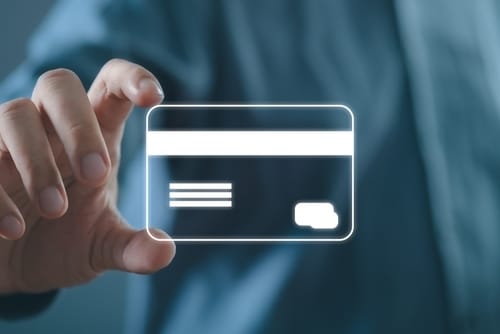Taking care of money is one of the most important parts of running a small business. But finding your way through banking can feel tricky. No matter if you are new to this or want to make your money setup better, having the right bank and tools can help a lot.
This guide provides key resources made for small business owners in the U.S. You will find help with picking the best bank and opening your first business bank profile. There is also info about the online ways to bank and what you need to set up your business banking. Start here so you can make a solid money plan that helps your business do well and feel sure as you grow.
A Guide to Business Bank Account Requirements

Before you open a business bank account, you need to know which papers you will have to bring and what steps you must follow. This guide will help you know the things that most banks want from you. It will help you set up your business bank account in an easy way without any problems.
How to Choose the Right Bank for Your Small Business

Picking the right bank for your small business matters a lot. This guide talks about the things you should look for. We cover what the bank gives you, what you will pay, the ways you can use digital banking, and the support you get from the bank. Our goal is to help you make the best choice.
How to Open a Business Account: Exploring Business Checking and Savings Solutions

When you start a business, you need to know how a checking account is not the same as a savings account. This guide helps you choose the right account for what you need. It also shows you the steps to set up your business money in an easy and clear way.
Maximize Efficiency with Online Business Bank Accounts for Small Businesses

Online banking for businesses is simple to use. It gives you more ways to handle your money. You can see all your info right away. This can help you get things done faster, like sending money or using accounting tools. You and your team will save time and can work better each day with these options.
Finding the Perfect Business Bank Account for Sole Proprietorships and LLCs

The way you set up your business can change what kind of banking you need. In this article, you will read about banking choices that fit both sole proprietors and LLCs. This will help you know which option is best for your business.
Credit Unions: The Banking Alternative for Small Business Success

Credit unions can be a valuable alternative to traditional banks, especially for small businesses seeking lower fees, more personalized service, and community-focused support. This guide explores the benefits of working with a credit union, what to consider when choosing one, and how they can play a role in your business’s financial success.
Frequently Asked Questions (FAQs)
What factors should I consider when choosing a bank for my small business?
Think about the way the bank handles fees and all the options there for you. Look at what you get when you use digital banking. Check how good the help from customer support is. See if it matches your business needs and plans to grow later.
What documents are typically required to open a business bank account?
Most of the time, you will need to have your EIN, business setup papers like Articles of Incorporation or Organization, a business license, and an ID. What you must bring can change from one bank to another. It also depends on what kind of business you have.
Are online business bank accounts secure?
Yes, the big and trusted online banks use good safety steps. These steps can be things such as encryption and using more than one way to see if it is really you. Make sure the bank is FDIC-insured. It is good to read about how the bank keeps your money safe before you open one.
How do banking needs differ between sole proprietorships and LLCs?
Sole proprietors often use their Social Security Number when they do taxes. They can have simple banking needs. LLCs are set up as their own legal group, so they need an EIN for banking. They may also have to take more steps for banking. This is to make sure business money and other money stay apart. This keeps the business money and the other money from mixing together.
